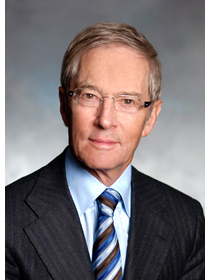 The long-term benefits of exercise are common knowledge, but if you needed concrete motivation look no further: new research has found that a simple test can predict future heart health - how fast can you run a mile?
The long-term benefits of exercise are common knowledge, but if you needed concrete motivation look no further: new research has found that a simple test can predict future heart health - how fast can you run a mile?Traditional indicators of heart health in later life include cholesterol and blood pressure checks, but researchers from the University of Texas Southwestern Medical School and the Cooper Institute in Dallas analysed tens of thousands of middle-aged participants and found that heart disease risk increases markedly for every minute longer it takes you to run a mile.
Dr. Jarett D. Berry, assistant professor of internal medicine and cardiology at Southwestern Medical School and a co-author of two papers outlining the research results says that the exercise you do in your 40s is highly relevant to heart disease risk in your 80s. “In both these studies, how fast you can run in midlife is very strongly associated with heart disease risk when you’re old," he confirms.
While some experts caution against risk evaluation based on just one type of exercise, and the researchers behind these recent studies do admit that more data is needed before mile-times can be used accurately, it is generally agreed that mid-life fitness is a good indicator of future health.
No recommended times have been released yet, but initial study data shows that a man in his 50s who can run a mile in 8 minutes or less, or a woman who can do it in 9 minutes or less, shows a high level of fitness. A 9-minute mile for a man and 10:30 for a woman are signs of moderate fitness; men who can’t run better than a 10-minute mile, and women slower than 12 minutes, fall into the low-fitness category.
Read the study in the Journal of the American College of Cardiology here











